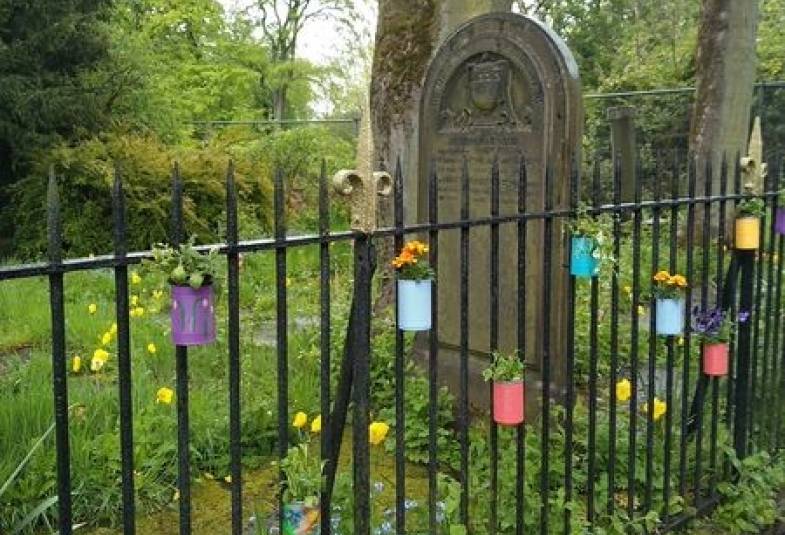St. John’s, Florence, Creates New Magazine
for Parish News
St. John’s, Florence, raised the communications bar in the diocese with their new magazine.This September, they, transitioned their newsletter from Publisher to Canva and they’ve had great feedback. “Our newsletter came to life!” says Ginnie Raines, Communications Director. “In Canva we use an 8.5×11 booklet format and editable template. Members and staff send in articles and photos we’ve taken are added in (stock photos when needed) to the template. After it’s all together, Canva offers a downloadable digital flipbook option through Heyzine. We send this out first by email and everyone also receives a copy in the mail. The publication is printed bi-monthly.” View the magazine.
Bishop Chip Edgar welcomes men to the 2023 Christian Men's Conference, February 24-26. The theme for this year's Christian Men's Conference is Faith in the Home | Beacon of the Light. Learn more and register at https://t.co/laRWKSmFOB. pic.twitter.com/73QxLfh3JQ
— Anglican Diocese of SC (@anglican_sc) January 17, 2023

